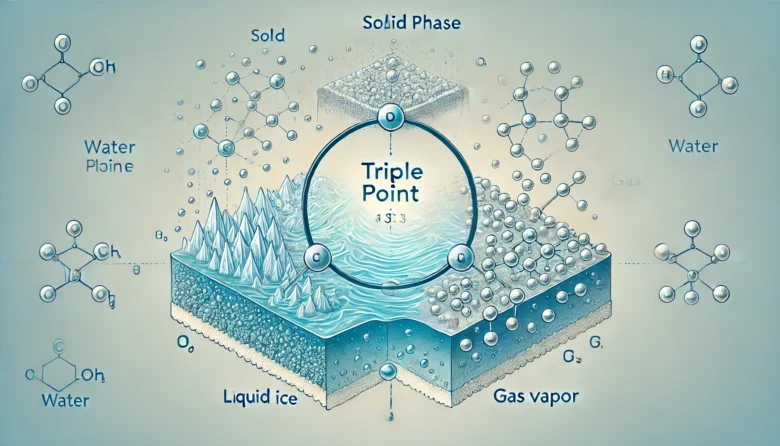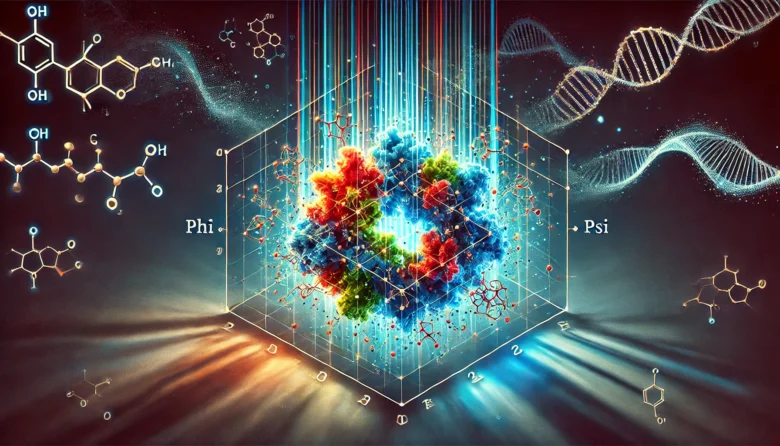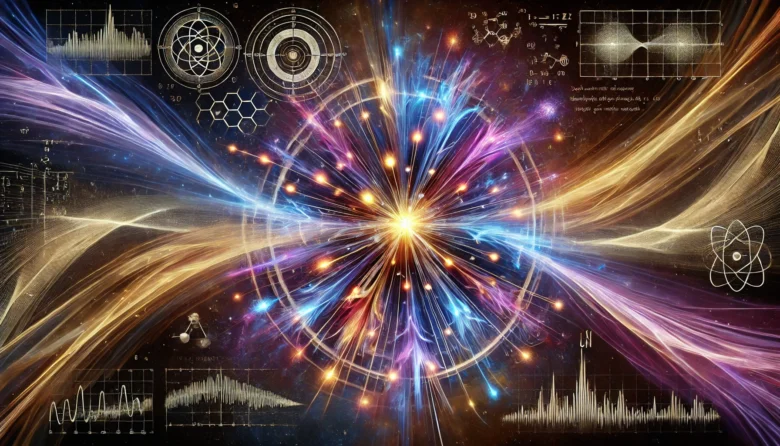Did you know that water can boil and freeze simultaneously? This mind-bending phenomenon occurs under specific conditions known as the triple point. While it sounds like something out of science fiction, this unique behaviour has real-world implications for our understanding of matter and thermodynamics. The triple point isn’t just a quirky fact; it’s a fundamental concept …
Did you know that one man’s relentless efforts saved millions from a debilitating disease, yet he never received a Nobel Prize? Meet Dr. Upendranath Brahmachari, a pioneering Indian scientist whose discovery of Urea Stibamine revolutionized the treatment of kala-azar, also known as visceral leishmaniasis. Beyond his pioneering contributions to medicine, Brahmachari’s life exemplifies resilience, dedication, …
Imagine swimming through the ocean depths with three hearts beating inside you — and two of them taking a break whenever you move! It may sound like something out of a science fiction story, but this is the fascinating reality for octopuses. These intelligent and mysterious sea creatures have captivated scientists and marine enthusiasts alike, …
Did you know that T Sheshadri, one of India’s greatest chemists, was instrumental in unveiling the secrets of plant chemistry long before it became a global trend? Despite his groundbreaking contributions to natural product chemistry, many outside the scientific community remain unaware of his extraordinary legacy. T Sheshadri, a towering figure in Indian science, is …
Imagine holding a teaspoon of material so dense it weighs about 6 billion tons. That’s heavier than Mount Everest and enough to crush any earthly container. This mind-boggling fact isn’t science fiction; it’s the reality of neutron stars—remnants of massive stars that have undergone supernova explosions. Neutron stars push the boundaries of what we know …
Did you know that Gopalasamudram Narayana Ramachandran, commonly known as G.N. Ramachandran, transformed the field of molecular biology with a single groundbreaking discovery? Often hailed as the father of the Ramachandran plot, his work laid the foundation for understanding protein structures. Despite his monumental contributions, he never won the Nobel Prize — a fact lamented …
Imagine an animal that never really grows up and can regrow its limbs like magic. Meet the axolotl, a Mexican salamander often nicknamed the “walking fish” (even though it’s not a fish at all). Unlike most creatures, this amphibian stays in its juvenile form for life, making it an everlasting baby of sorts. But that’s …
Imagine standing amidst a vast, sunlit desert when suddenly, a low, melodious hum fills the air. No, it’s not the wind or a distant animal; it’s the sand beneath your feet singing. The phenomenon of “singing sand dunes” is one of nature’s most enchanting mysteries. These otherworldly sounds, often likened to a low-pitched note or …
Did you know that Homi Jehangir Bhabha was once nicknamed the “Father of India’s Nuclear Program” for his trailblazing work in atomic energy? Known for his impeccable vision and brilliance, Bhabha laid the foundation for India’s progress in nuclear science. This blog explores the fascinating life, achievements, and enduring legacy of this extraordinary scientist whose …
Imagine a creature that can cheat death, resetting its biological clock whenever it faces adversity. Sounds like something out of science fiction, doesn’t it? Meet the immortal jellyfish (Turritopsis dohrnii), a tiny marvel of the marine world with the remarkable ability to reverse its ageing process and potentially live forever. This astonishing organism has fascinated …










